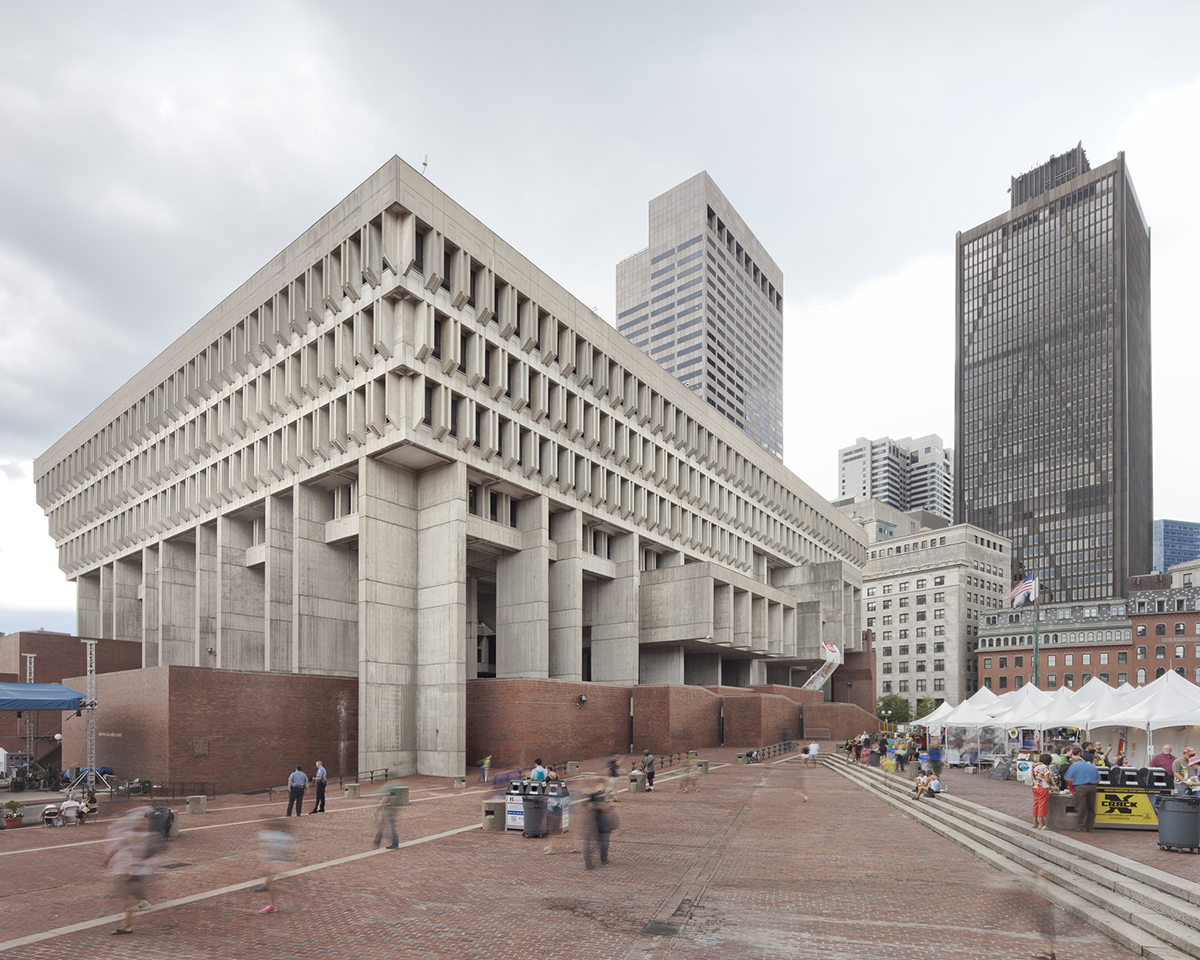Why Did Boston City Hall Change Its Mind About Releasing Those GE Emails?

Photo by Naquib Hossain on Flickr/Creative Commons
In the wake of General Electric’s announcement that it would be moving its global headquarters to Boston, independent journalist Andrew Quemere filed a public records request with Mayor Marty Walsh’s office for City Hall’s emails with the multinational corporation in order to gain a clearer picture of how city and state officials courted GE.
City Hall handed Quemere a bill for $1,746.24, which, after some haggling with the Law Department, was later knocked down a few hundred dollars. When Boston magazine asked Walsh’s office in late February if it would waive the fee and release the emails, spokesperson Bonnie McGilpin said the city was working with several news outlets to do so. A spokesperson for GE declined to comment.
A crowdfunding effort for the emails hosted on public records request platform MuckRock fell short of its goal Sunday, on the eve of GE’s swanky welcome party atop 60 State Street. Then Thursday, Boston Globe business reporter Jon Chesto published a comprehensive report on the emails and the so-called “Project Plum,” including how officials doubled the property tax break it would offer GE. WCVB’s investigative team, working in tandem with Northeastern University journalism students, published a similar story on the emails. And several hours later, Quemere received them too—suddenly, free of charge.
So what gives?
Walsh spokesperson Laura Oggeri confirmed that the city ultimately decided to provide the emails at no cost to both the Globe and WCVB, as well as any other outlet that sought them, but didn’t immediately respond when asked about the change of heart.
“We had worked with city officials to narrow the search criteria, to cut down the initial price we received for our request,” Chesto said in an email Thursday. “But yesterday we were told that the city wouldn’t charge us because several outlets had asked for the emails.”
For open records advocates like MuckRock founder Michael Morisy, City Hall’s staggered release of the emails makes for troubling optics, especially given that Walsh’s Press Office handles public records requests.
“When the Mayor’s office moved public records handling into the press relations office in 2014, we had concerns that what should be well-organized, routine handling of a legal obligation would become a little more opaque and a little more selective in how it was applied,” Morisy says. “Public records are the law, and like any law, they’re not something that should be handled selectively or by playing favorites, but should be handled evenly and openly.”
Morisy raised similar concerns during the Boston 2024 Olympic bid, when Walsh’s office received a bevy of public records requests—some of which were given overdue, even incomplete responses. Eventually, the state Supervisor of Records took notice.
“Andrew Quemere filed a request with the same rights as any other member of the public, and while we think it’s great that the city decided to waive fees for this request that was obviously of wide public interest, it’s sad that they selectively decided when to apply fees and when not to,” Morisy says.

